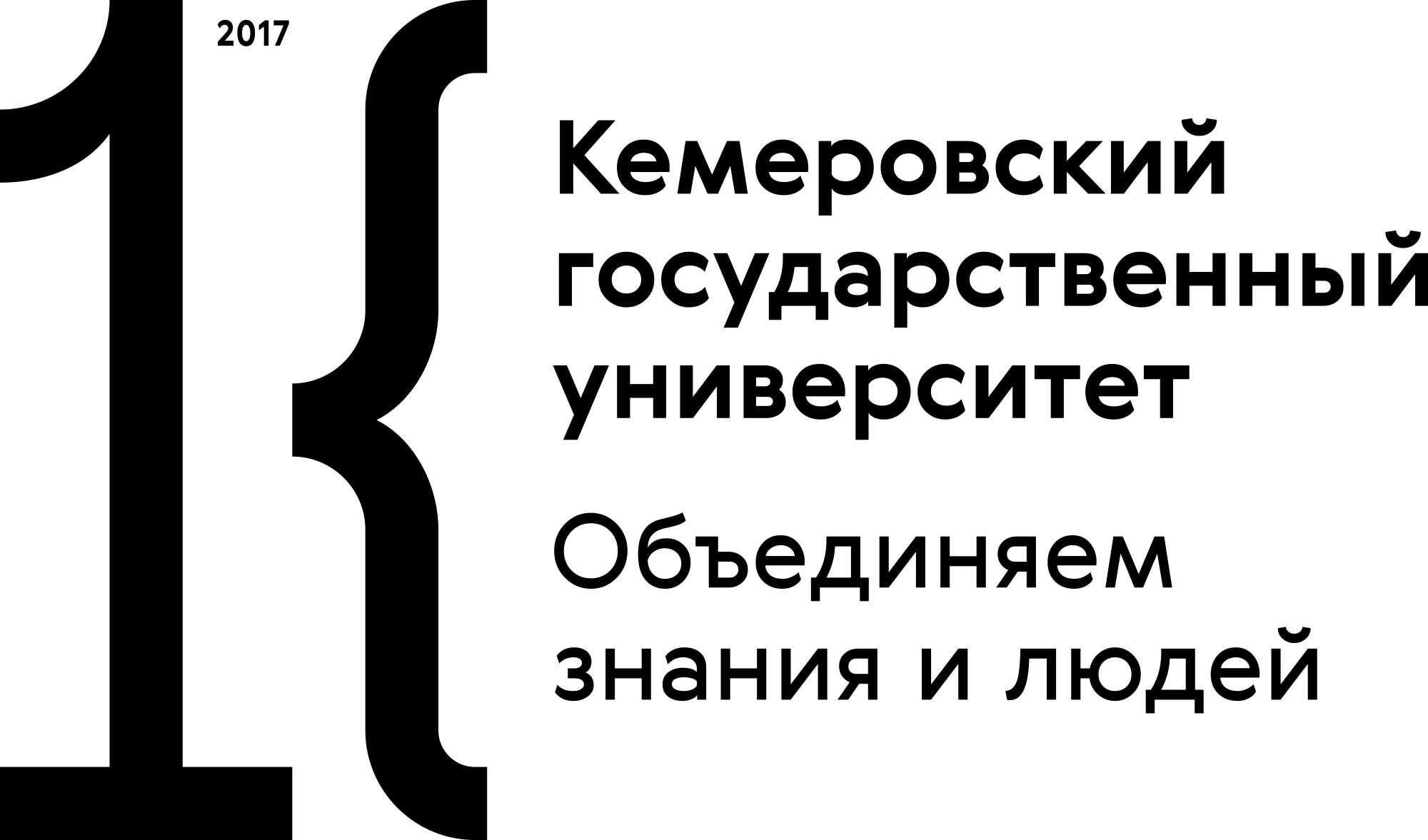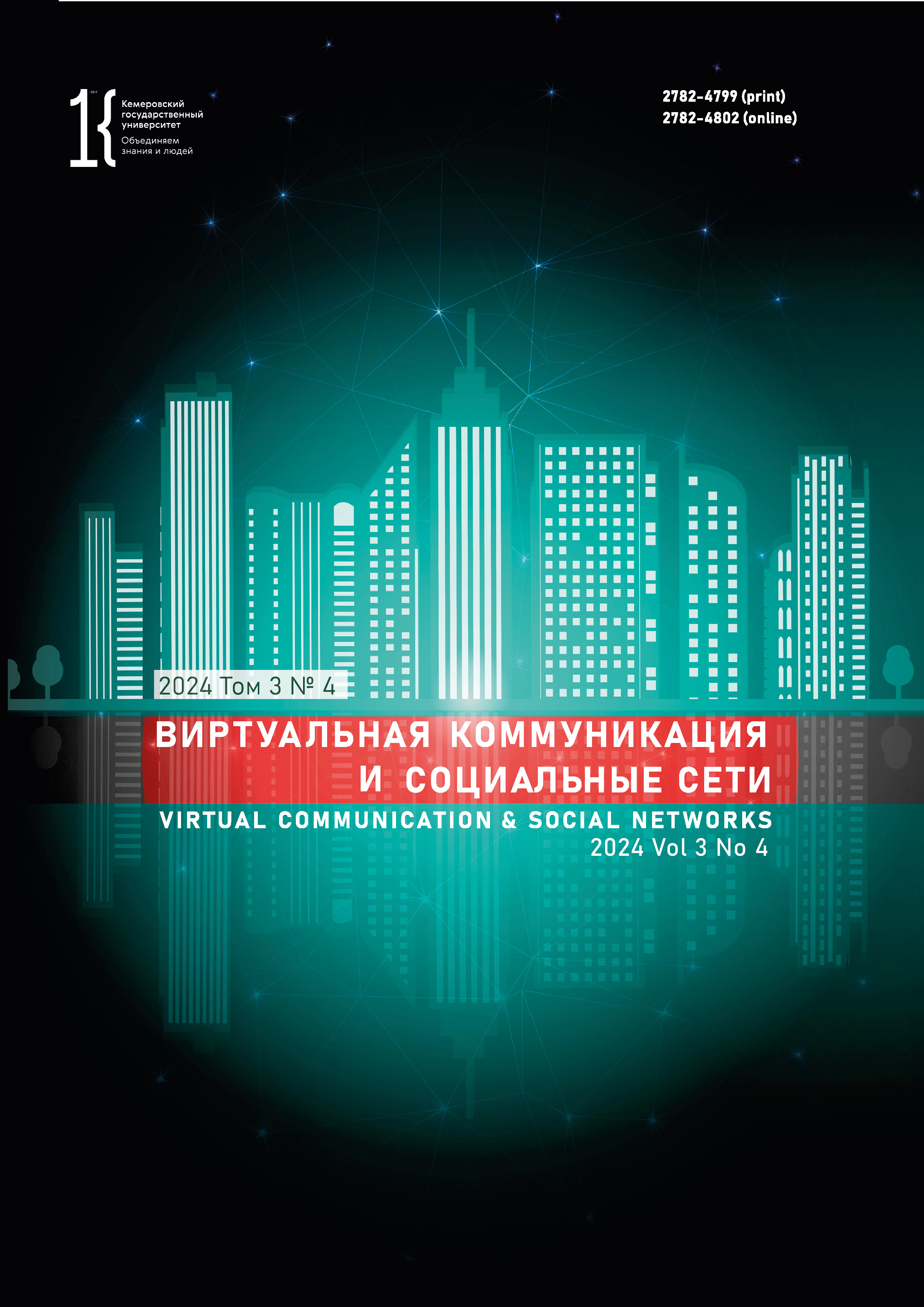Bishkek, Kyrgyzstan
Bishkek, Kyrgyzstan
The Kyrgyz sector of the Internet relies both on Russian and Kyrgyz. The research objective was to identify the roles of Russian and Kyrgyz in the Kyrgyz Internet space, including social networks. Although the Russian language remains the main meta-language of digital communication support in Kyrgyzstan, it serves as an engine of promoting Kyrgyz as a state language. The study revealed the major problem in the use of the Kyrgyz language in the digital space: it simply has no linguistic resources to describe this sphere of life. Most Kyrgyz citizens are bilingual, and they prefer to use Russian in the sphere of social services and social networks due to the weak development and poor implementation of digital Kyrgyz-language platforms. The state is currently trying to introduce Kyrgyz into various digital products. These imperative measures take into account neither the actual needs of Kyrgyz citizens nor the actual potential of the state language. The best practice belongs to the countries that choose not to put an unbearable burden on their own languages in certain social spheres and turn to those that are more effective for this or that particular purpose of social communication.
virtual world, social networks, social services, Russian language, Kyrgyz language, digital technologies, language resources, Internet
1. Golev N. D. Social networks as an actual object of interdisciplinary scientific study. In: Altuhova T. A., Buldyaeva V. V., Bouchev A. B. et al. Social networks: Comprehensive linguistic analysis. Kemerovo: KemSU, 2021, vol. 1, 5–9. (In Russ.) https://elibrary.ru/kegpiu
2. Derbisheva Z. K. Language policy and language situation in Kyrgyzstan. Russian Language Journal, 2009, 59(1): 48–58. (In Russ.) https://www.doi.org/10.70163/0036-0252.1194
3. Ivanova D. A. Language cyber culture: Approaches to study. Innovative science, 2015, (11-1): 230–232. (In Russ.) https://elibrary.ru/uzipsn
4. Imanaliev E. S. The Russian language in schools of the Kyrgyz Republic. Russian language in the Central Asian region of CIS states: Coll. analytical materials. Bishkek: KRSU, 2006, 67–71. (In Russ.)
5. Index of the position of the Russian language in the world, ed. Osadchy M. A. Moscow: Pushkin Institute, 2022, iss. 2, 60. (In Russ.) https://elibrary.ru/wclepy
6. Karasik V. I. Genres of network discourse. Speech genres, 2019, (1): 49–55. (In Russ.) https://doi.org/10.18500/2311-0740-2019-1-21-49-55
7. Karpoyan S. M. Instagram as a peculiar genre of virtual communication. Philology. Theory & Practice, 2015, (12-3): 84–88. (In Russ.) https://elibrary.ru/swriae
8. Krasnykh V. V. Virtual reality or real virtuality?: Man. Consciousness. Communication. Moscow: Dialog-MGU, 1998, 352. (In Russ.)
9. Lavitski A. A. Language policy of the CIS Countries: Current state and prospects. Current Issues in Philology and Pedagogical Linguistics, 2021, (4): 16–27. (In Russ.) https://doi.org/10.29025/2079-6021-2021-4-16-27
10. McLuhan M. Understanding media: The extensions of man. Moscow: Kanon-Press-Ts; Zhukovskii; Kuchkovo pole, 2003, 464. (In Russ.)
11. Orusbaev A. O. Russian language as an ethno-communicative component of bi- and multilingualism in Kyrgyzstan. Bishkek: Research Institute of Regional Slavic Studies KRSU, 2003, 226. (In Russ.) https://elibrary.ru/qrafgz
12. Savichev Y. N. Russian language status in Kyrgyzstan. Vestnik Rossiyskogo Universiteta Druzhby Narodov. Seriya: Mezhdunarodnye Otnosheniya, 2014, (4): 222–228 (In Russ.) https://elibrary.ru/tgwzxj
13. Salmorbekova R. B., Alymbaev A. M., Tukhtamatov A. S. Kyrgyz and Russian languages in the Eurasian space. Bulletin of Science and Practice, 2023, 9(6): 722–733. (In Russ.) https://doi.org/10.33619/2414-2948/91/93
14. Tagaev M. D. Dialogue of languages and cultures: Functioning and interaction of cultural and linguistic spaces of the Kyrgyz and Russian languages. Bishkek: KRSU, 2015, 320. (In Russ.)
15. Tagaev M. D. Russian language as a leading component of the Eurasian identity of the Kyrgyz. Russian language and literature in the Turkic-speaking world: Modern concepts and technologies: Proc. Intern. Sci.-Prac. Conf., Kazan, 4–6 Oct 2016. Kazan: KFU, 2016, 342–350. (In Russ.) https://elibrary.ru/xevxip
16. Tagaev M. D., Moldomambetova A. S. Bilingual landscape of Kyrgyzstan and types of language personalities. Russkii iazyk i literatura v shkolakh Kyrgyzstana, 2022, (3): 3–10. (In Russ.) https://elibrary.ru/yjxmyl
17. Khairutdinova R. R., Abdulakhamidova B. N., Toroshov T. K., Kaparov A. Sh. The Russian language in Kyrgyzstan through the lens of students. Integration of education, 2023, 27(3): 373–389. (In Russ.) https://doi.org/10.15507/1991-9468.112.027.202303.373-389
18. Khoperskaya L. L. The position of the Russian language in the Kyrgyz Republic in the context of Eurasian integration. Political Science Issues, 2021, 11(12): 3616–3624. (In Russ.) https://doi.org/10.35775/PSI.2021.76.12.024
19. Yuburova S. M. Russian language in the education system of modern Kyrgyzstan. Strategic guidelines for the development of Central Asia: history, trends, and prospects: Proc. Intern. Sci.-Educat. Forum, Ekaterinburg, 23–25 Nov 2021. Ekaterinburg: USPU, 2021, 305–307. (In Russ.) https://doi.org/10.26170/Ksng-2021-61

















